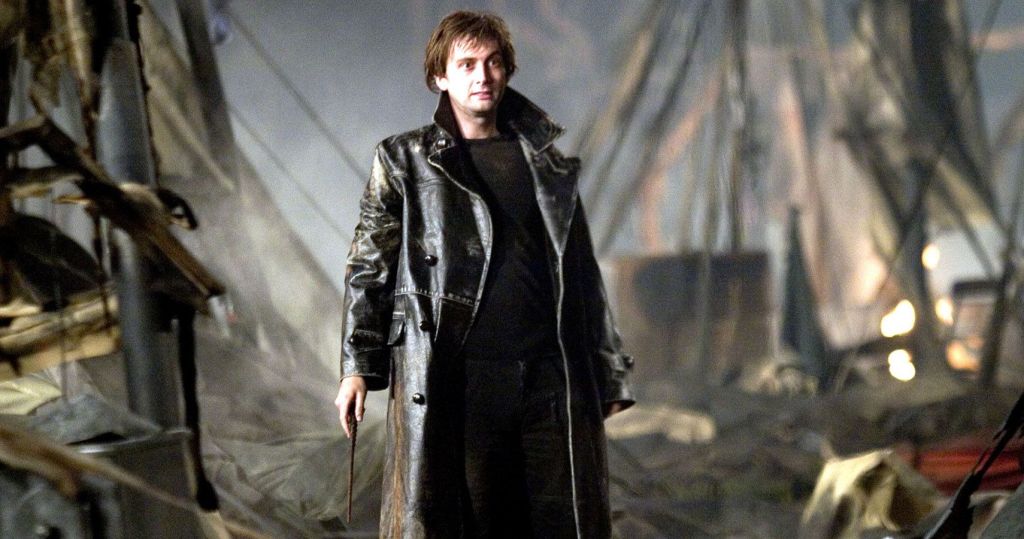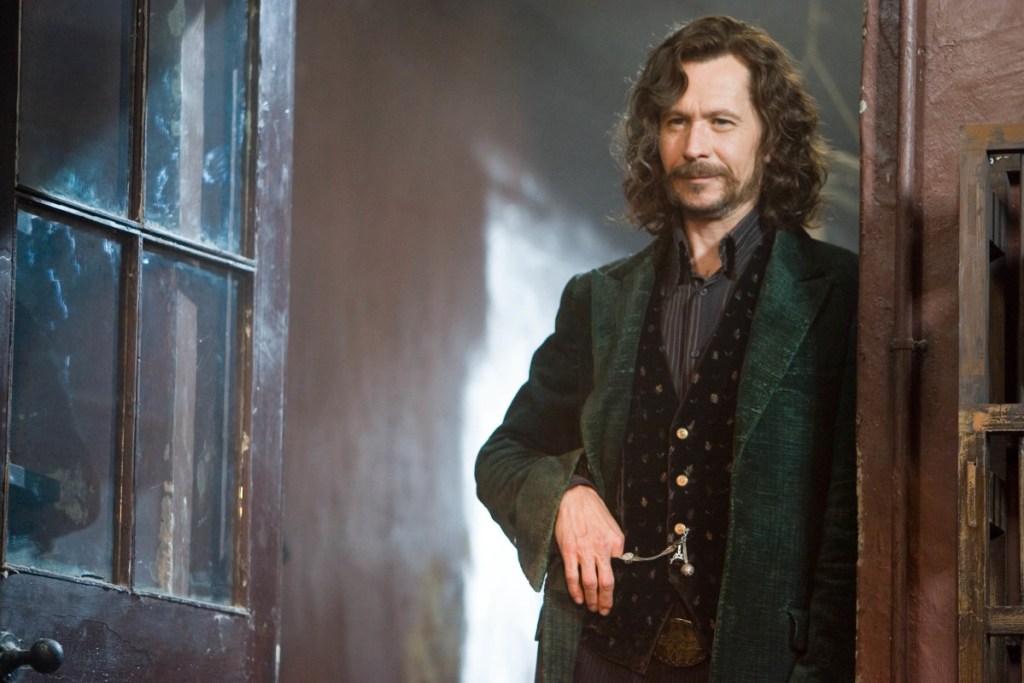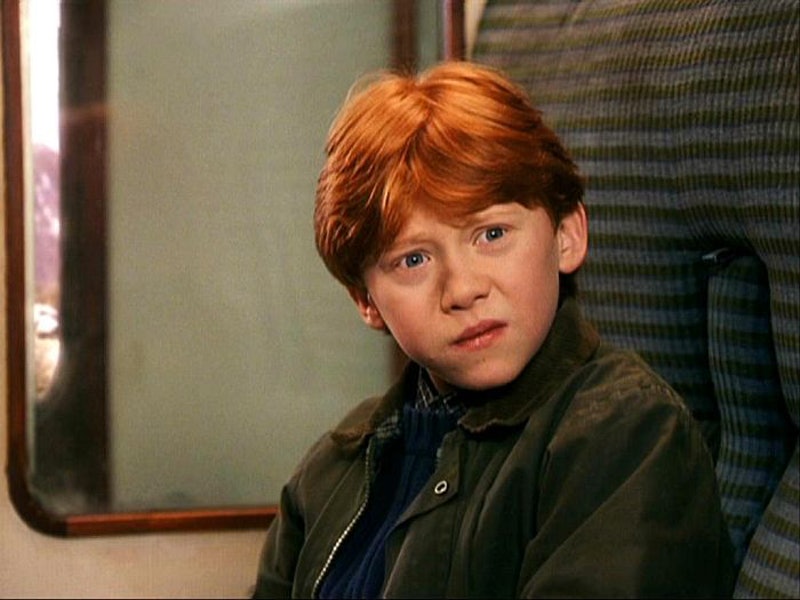In the books, Tonks is a bright, energetic twenty-something, but you wouldn’t know it from the way she’s immediately lumped in with the older group of witches and wizards. And because she’s so serious right from the jump, it changes the dynamic of her romance with Lupin: now, they’re just two warriors who fall in love, whereas before there was a touching element of her bringing light and youthful energy to his life.

Barty Crouch, Jr.
Well, what to say about good old Barty Crouch? In Harry Potter and the Goblet of Fire, he is introduced as the son of a high-ranking Ministry wizard who throws his lot in with Voldemort in a stupid, pointless show of loyalty and cruelty by torturing Frank and Alice Longbottom even after Voldemort had already disappeared. That he is still a teenager at this point, pale and terrified-looking, has an impact on how we view the court proceedings: no matter how terrible a person is, it’s emotionally effective to show him crying for his parents, driving home how young and easily manipulated he is. It’s a reminder that Voldemort tore apart families in many different ways, not just by murder and torture, but by corrupting his young followers to the point where they are completely indoctrinated and lost to their parents.
David Tennant’s performance, however, has none of this subtlety. From the moment he turns up on camera, gnashing his teeth and incorporating a strange, snakelike tic with his tongue, he essentially puts up a giant neon sign saying, “VILLAIN.” His Barty Crouch is almost cartoonishly evil, and much older, so all the nuance and any sense of vulnerability in his character is lost.

Sirius Black
There’s a lot to love about Gary Oldman’s portrayal of Sirius Black: he gets a lot of the fatherly bond with Harry right, and the idea that Sirius sometimes forgets that Harry isn’t James is well-executed. But the book version of Sirius had a roguish, devil-may-care quality, even after years in Azkaban, that Oldman is somehow lacking. As we see him in the film Prisoner of Azkaban, he leans into mania during the Shrieking Shack scene when he confronts the trio, whereas in the book, he’s almost chillingly calm and composed, full of steely determination and a heart set on revenge.
The later films fail to capture either his sardonic wit or his mercurial nature, as he is trapped in the house that made him so miserable as a teenager. All of the sequences that feature the Order of the Phoenix are hurt by a need to be incredibly serious to show that the threat of Voldemort is real, failing to grasp the nuance that, just because you’re involved in important and dangerous work doesn’t mean that you’re somber and humorless all the time. This tendency hurts a lot of the adult characters, but especially Sirius, who has few opportunities to showcase the extroverted qualities that best define him.

Ron Weasley
Let’s talk about how the films siphon away all of Ron’s good character traits and give them to Hermione, leaving him a gibbering mess useful only for comic relief. In the books, the trio is well-balanced: they all bring different kinds of intelligence to the table. Hermione is book smart but can sometimes struggle to put her knowledge to practical use, as we see in Sorcerer’s Stone where Ron tells her to start a fire to escape the Devil’s Snare and she panics, saying that she doesn’t have any wood. Ron, by comparison, is a strategist. He’s notably the best out of the three at chess, and can think on his feet in terms of tactics in a way that neither Harry nor Hermione are capable of.
No comments:
Post a Comment